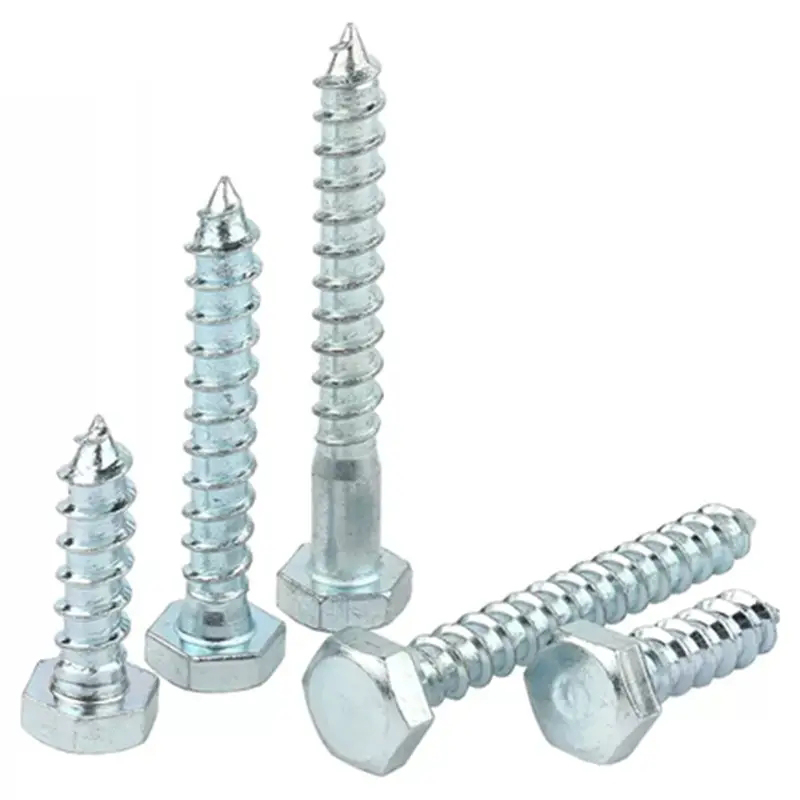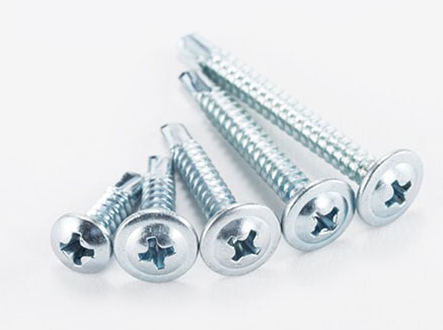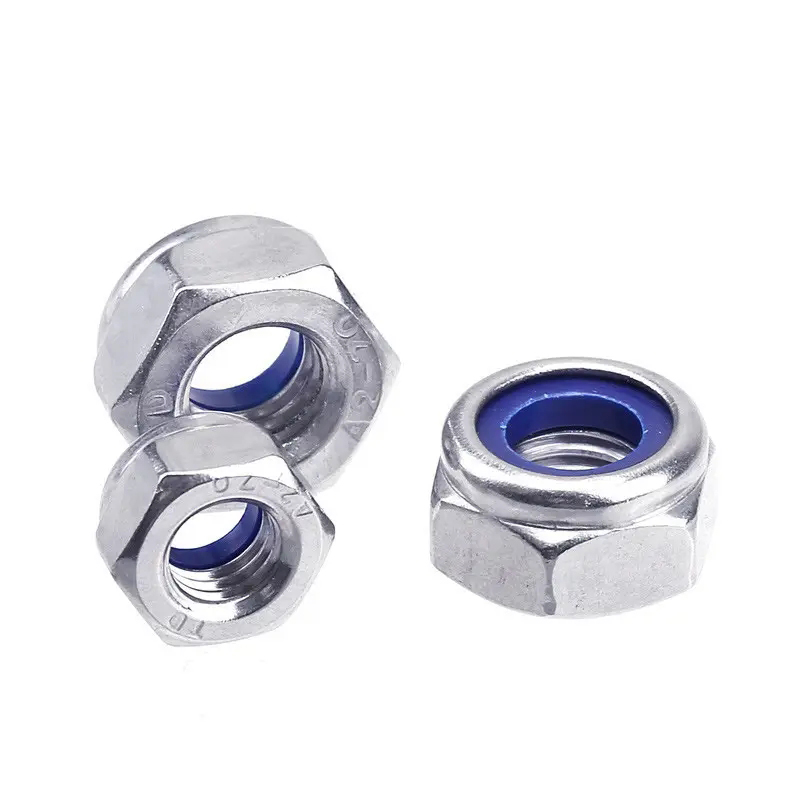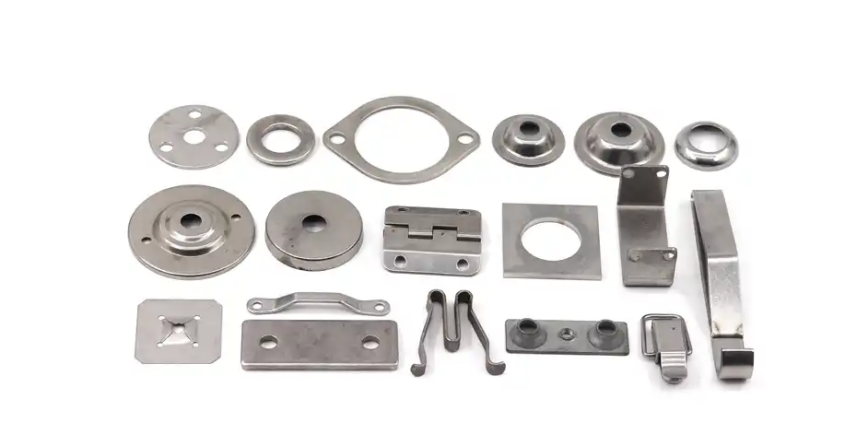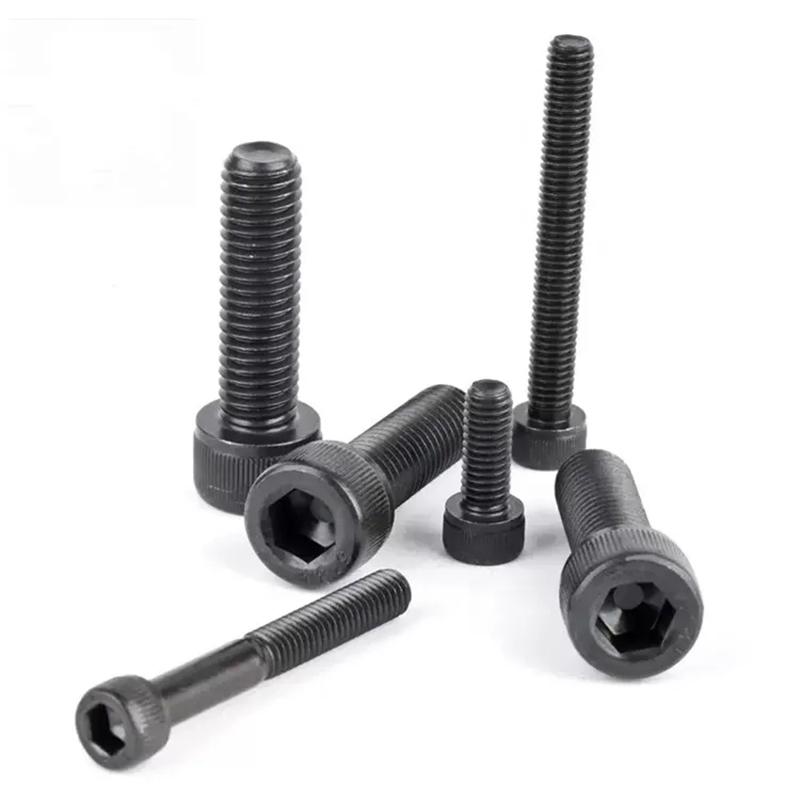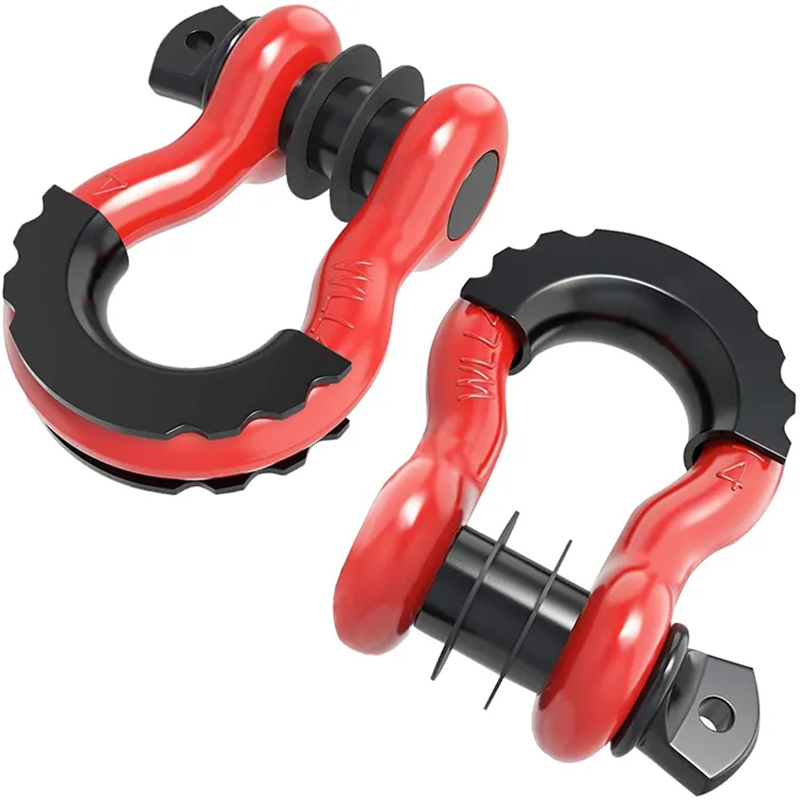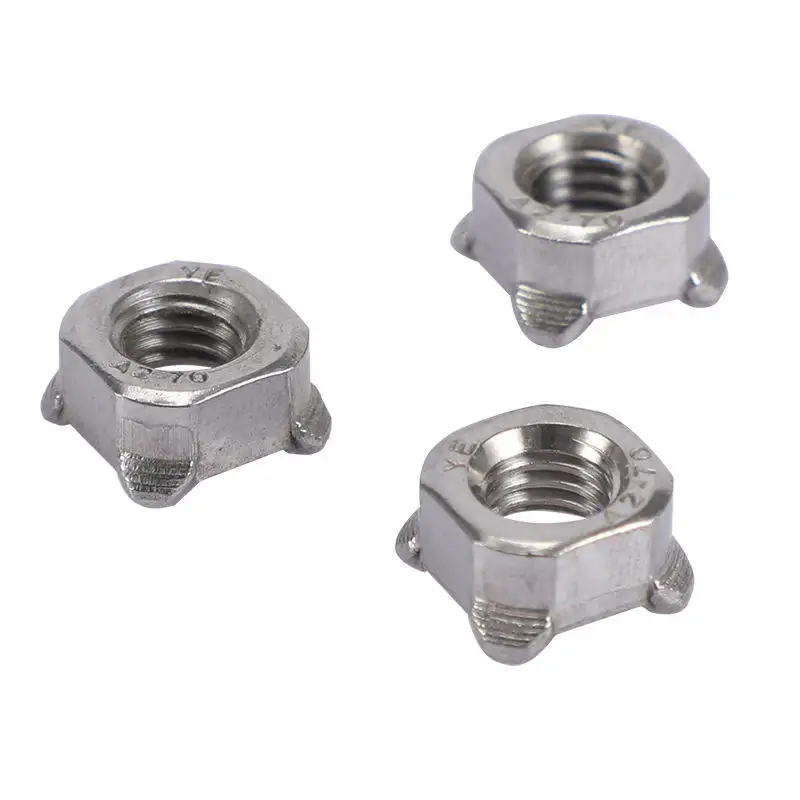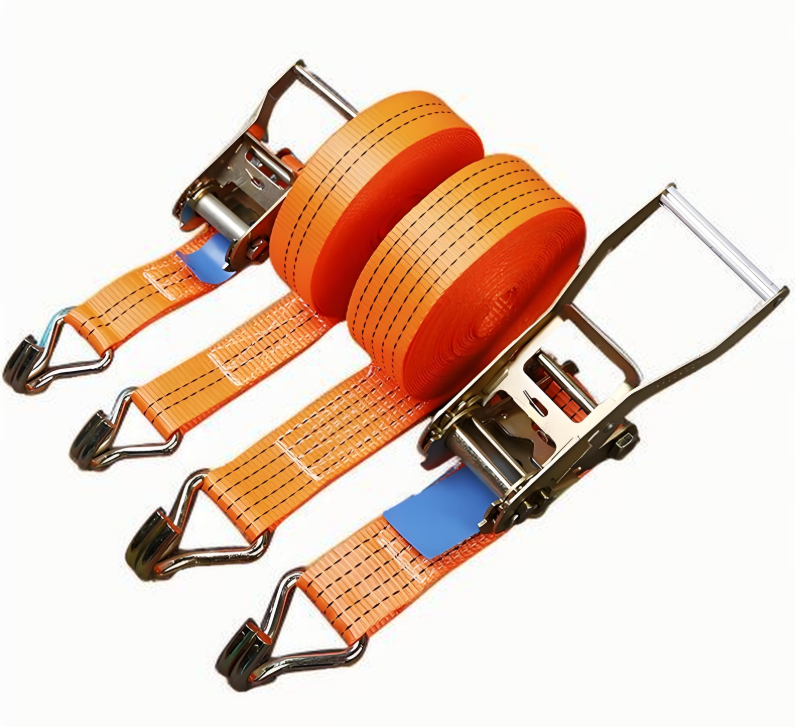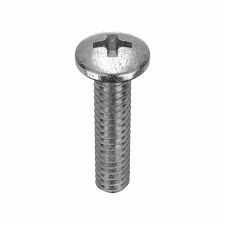

This comprehensive guide explores the applications, benefits, and considerations of M8 rivet nuts. Learn about their installation methods, material choices, and how to select the right M8 rivet nuts for your specific project. We'll cover everything from basic principles to advanced techniques, ensuring you have the knowledge to effectively use these versatile fasteners.
M8 rivet nuts, also known as rivet inserts or self-clinching fasteners, are threaded inserts installed into a hole in sheet metal or other materials. Unlike traditional nuts and bolts which require access to both sides of the material, M8 rivet nuts are installed from one side only. This makes them ideal for applications where access to the backside is limited or impossible. The M8 designation refers to the metric thread size, indicating an 8mm diameter thread. This makes them suitable for a wide range of applications requiring medium-strength threaded connections.
M8 rivet nuts are available in various materials, each offering different properties. Common materials include steel, aluminum, and stainless steel. Steel M8 rivet nuts provide high strength and are cost-effective. Aluminum M8 rivet nuts are lightweight and corrosion-resistant, making them suitable for aerospace and automotive applications. Stainless steel M8 rivet nuts offer excellent corrosion resistance, ideal for outdoor or marine environments. The choice of material depends heavily on the application's requirements.
Different head styles are available to suit various applications and aesthetic preferences. Common head styles include round, countersunk, and flange heads. Round heads provide a flush surface, while countersunk heads sit below the surface, creating a smooth finish. Flange heads offer increased bearing surface and prevent rotation.
Installation of M8 rivet nuts typically involves a specialized rivet nut tool, either manual or powered. The tool pushes the M8 rivet nut into the pre-drilled hole, expanding the body to create a secure clinch. Improper installation can lead to failure, so understanding the correct technique is crucial. Detailed installation instructions are usually provided by the manufacturer.
M8 rivet nuts find widespread use in various industries:
Their versatility makes them suitable for applications ranging from securing panels to attaching components in thin-walled structures.
Selecting the appropriate M8 rivet nut involves considering several factors, including the material's thickness, desired strength, and environmental conditions. Consulting manufacturer specifications and datasheets is essential to ensure compatibility and performance. For example, thinner sheet metal requires a different M8 rivet nut design than thicker materials.
| Manufacturer | Material Options | Head Styles | Pricing |
|---|---|---|---|
| Hebei Dewell Metal Products Co., LTD https://www.deweLLfastener.com/ | Steel, Aluminum, Stainless Steel | Round, Countersunk, Flange | Competitive |
| (Add another manufacturer here) | (Add material options) | (Add head styles) | (Add pricing information) |
Note: Pricing and availability may vary depending on the supplier and quantity ordered. Always consult with a supplier for the most up-to-date information.
Understanding the nuances of M8 rivet nuts is crucial for any project involving their use. By carefully considering the application's specific requirements, selecting the appropriate material and head style, and employing correct installation techniques, you can ensure the reliability and longevity of your projects. Remember to consult with reputable suppliers like Hebei Dewell Metal Products Co., LTD for high-quality M8 rivet nuts and expert advice.

